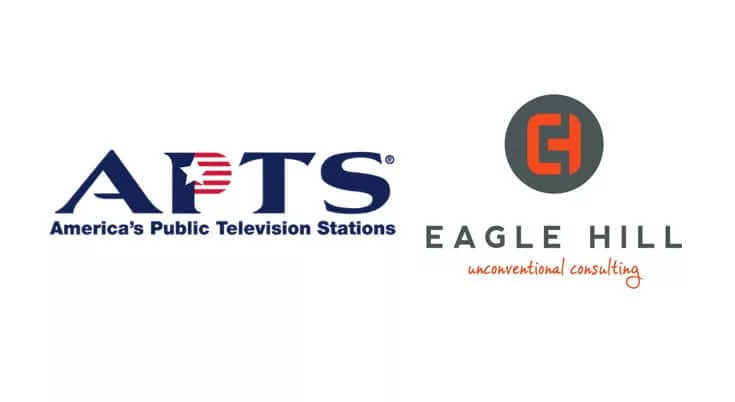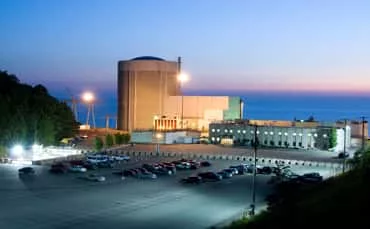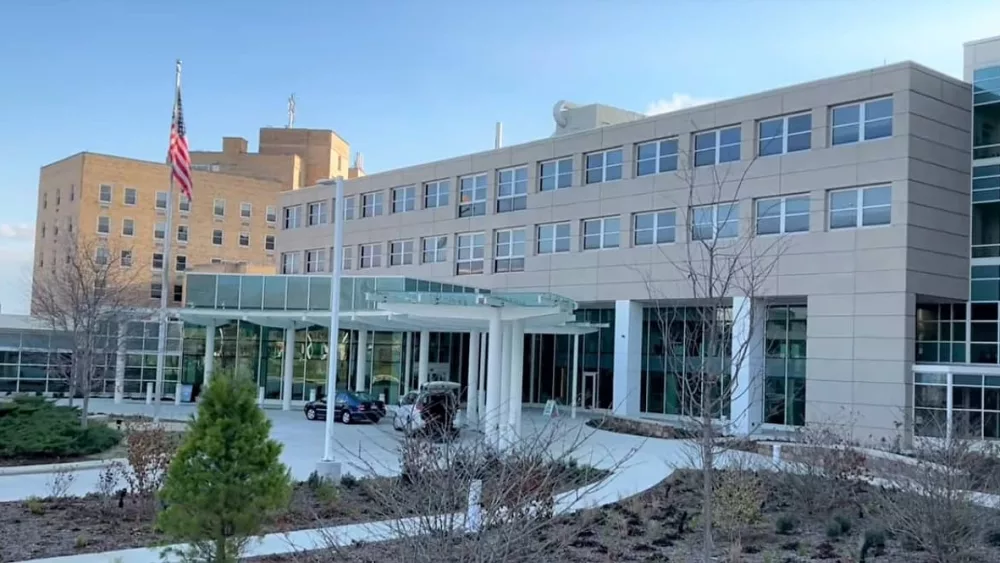Before an earthquake strikes, how will Americans best get any sort of early warning alert? Earthquake prone nations such as Japan, Mexico and even Turkey (among others) already have early warning technologies in place, and based on new public opinion research, the overwhelming majority of Americans want their public television system to play a role in providing such warnings.
Commissioned by Eagle Hill Consulting, the new public opinion research also finds strong public support for government investment in early warning technology similar to what other nations now have.
More specifically, the research finds that:
- 93-percent of Americans want the public broadcasting system to help provide an early warning when an earthquake strikes, and 96-percent of Californians agree.
- The vast majority of Americans (88-percent) believe the government should invest in an earthquake early warning system, and slightly more Californians agree (94-percent).
- 95-percent of Americans say it is important that emergency warnings be accessible to everyone at the same time, including individuals with disabilities and those in rural areas and low income communities.
America’s Public Television Stations (APTS) and Eagle Hill Consulting are working with the California Governor’s Office of Emergency Services (Cal OES) and public television stations on a multi-year project to develop a robust high-speed data delivery capacity for time-sensitive earthquake early warnings in California’s most populated areas. Already, Japan, Taiwan, Mexico, Turkey and Romania have operating warning systems that generally are government operated and funded.
John McCoskey is the lead executive at Eagle Hill for technology, media and the entertainment industry. He tells us, “The earthquake early warning system collaboration in California is another example of public broadcasting playing a fundamental role in keeping Americans safe.” McCoskey adds, “Public broadcasting isn’t just about popular programming, it’s also about saving lives and infrastructure.”
Assessing the threat, McCoskey notes, “It’s important to keep in mind that more than 143 million Americans across the nation are exposed to potentially damaging ground shaking from earthquakes. Leveraging the vast public broadcasting infrastructure can serve as a highly effective means to deploy life-saving advance alerts for all Americans, including those with disabilities, living in rural areas, and for low income communities.”
Patrick Butler is President & CEO of America’s Public Television Stations. He says, “Public television stations are proud to partner with local law enforcement and first responder agencies to use the power of public television to ensure all Americans are safe.” Butler points out, “Emergency management agencies can use public television’s technology to communicate with one another and with the public during times of crisis. We are delighted that this new research shows the public’s trust of public television to provide critical earthquake early warnings that can save lives.”
Potential benefits of an earthquake early warning system include:
- Public Warning – Alert individuals to Drop, Cover, and Hold On or safely stop vehicles.
- First Responder Mobilization – Open fire station doors for rapid deployment of emergency response equipment and personnel.
- Medical Services – Notify surgeons and dentists to stop delicate procedures and maintain critical medical facility operations.
- Utility Infrastructure – Safeguard energy sector grid and other utilities infrastructure for strong shaking with warning alarms and automatic controls to prevent combustions, flooding and loss of water distribution systems.
- Mass Transit Systems – Prevent fatal collisions by automatically slowing and stopping trains, clearing bridges and diverting inbound airport traffic.
- Workplace Safety – Evacuate employees to safe locations, initiate elevator recall procedures to ground floor, place sensitive equipment in safe mode, secure chemicals and hazardous materials and halt production lines to reduce damage.
The California Earthquake Early Warning System (CEEWS) is comprised of seismic sensors, data processing centers, and end-user distribution mechanisms to warn individuals, institutions and infrastructure operators of impending shaking once an earthquake is detected. The public television project encompasses a network of existing high-power over-the-air data-capable television transmitters serving the metropolitan areas of Los Angeles, San Francisco, San Diego, Fresno and Sacramento to carry CEEWS alerts with the low-latency, broad reach and high availability of the public TV system.
America’s public television stations are committed to three essential public service missions: education, public safety and civic leadership. As the last locally-controlled media in America, public television reaches nearly 97-percent of the American people, public television stations are uniquely positioned to provide these services, not only on television but also in the classroom, online, as part of the emergency response network and in the community.
Public media has cultivated considerable expertise in public safety, emergency communications and spectrum management over the past decade, gaining a reputation as a trusted and reliable resource with federal agencies, commercial entities and the public.
The new research findings were slated to be discussed today, Monday, April 9th at 10:30am PDT as part of a National Association of Broadcasters (NAB) panel on utilizing the public broadcast network for public safety. The session featured Arthur Botterell with the California Governor’s Office of Emergency Services; Dana Golub with PBS; David Lowe with KVIE Public Television; and was to be moderated by John McCoskey with Eagle Hill.
The research was conducted by Ipsos just last month (March 2018) as a survey of 1,005 interviews across the US adult population, and 503 respondents in California. The results were weighted to reflect U.S. demographic factors, including age, income, the four national census regions, and gender.
America’s Public Television Stations is a nonprofit membership organization ensuring a strong and financially sound public television system and helping member stations provide essential public services in education, public safety and civic leadership to the American people. For more information, you can visit www.apts.org.
Eagle Hill Consulting LLC Eagle Hill Consulting is a woman-owned business that provides management consulting services in the areas of business strategy, organizational transformation, human capital transformation, process improvement, program management, and change management. With offices in the Washington, D.C., metropolitan area and in Seattle, Washington, Eagle Hill works with a range of public, private, and non-profit organizations across the country. More information is available online at www.eaglehillconsulting.com.
(Note from Pat Moody: For full disclosure, I sit on the board of directors of America’s Public Television Stations.)






